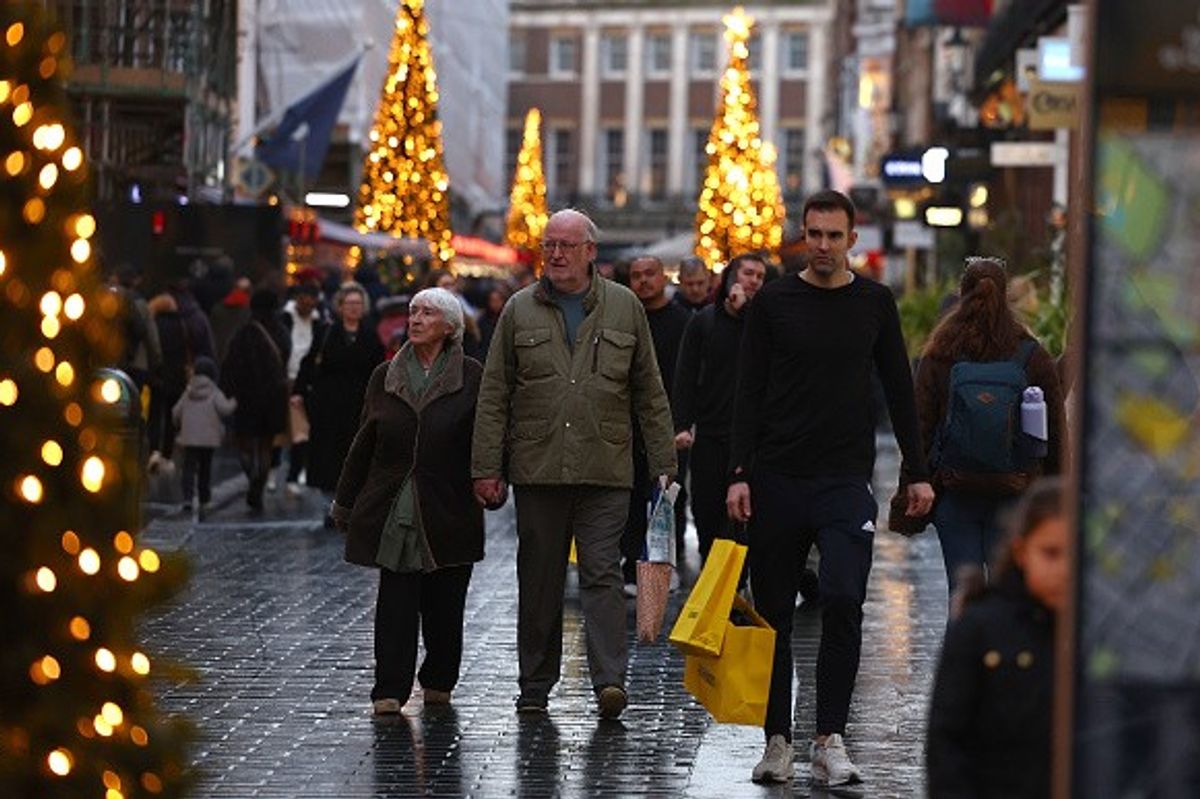A significant proportion of shoppers are expected to shop in person during the Boxing Day sales in a considerable rise from last year, shows a recent research.
According to a research by Barclays, Brits this year are likely to are expected to splurge £4.6 billion with each shoppers poised to spend £236 during the Boxing Day sales, suggesting consumers will be actively participating in the post-Christmas sales.
These figures are down slightly on those reported in 2023, when shoppers spent £4.7 billion during the Boxing Day sales — about £100 million more than this year. The average shopper is forecast to spend £18 less than in 2023.
However, each shopper is still expected to spend £50 more than in 2019, before the pandemic.
Researchers said that while some of this growth “will be down to inflation”, some of it can be explained by a “continued desire to use the post-Christmas sales to seek out value for money”.
More than a quarter of the British public are expected to shop in person during the Boxing Day sales, up from 15 per cent in 2023.
While some bricks-and-mortar retailers have confirmed that they will not open on Boxing Day, 26 per cent of those who plan to shop in the post-Christmas sales say they will spend the majority of their money in-store.
This is driven by a preference to see and touch items before purchasing (41 per cent) and the enjoyment of socialising while shopping (32 per cent).
High streets (33 per cent) and shopping centres (32 per cent) are the most popular destinations. Meanwhile, 17 per cent cite wanting to support their local high street, and a further 15 per cent plan to shop with independent small businesses.
A third of Britons (34 per cent) say they’d be more inclined to spend at brick-and-mortar retailers if they were offered discount codes that can only be redeemed in-store, or if they were given a free item with in-store purchases (27 per cent).
Men are expected to spend £53 more than women during the sales.
The research also showed that 24 per cent of the public “will only be buying what they consider essential items in the post-Christmas sales”.


